Drinking and drugs worsen mental health issues like depression and anxiety

Mental health issues can overwhelm those who are affected and their loved ones. Addiction is similarly distressing for the individual and their families. And when the two issues merge, an even bigger challenge arises.
Advertisement
Cleveland Clinic is a non-profit academic medical center. Advertising on our site helps support our mission. We do not endorse non-Cleveland Clinic products or services. Policy
This intersection, according to psychiatrist Akhil Anand, MD, is called dual diagnosis or co-occurrence.
“We see a large overlap between substance use disorders and mental health issues,” says Dr. Anand. “For example, substance use disorders are twice as common in those diagnosed with anxiety or depression than they are in the general population.”
We spoke with Dr. Anand to get a better idea of why this occurs and what can be done about this unique circumstance.
One theory is that individuals struggling with mental health disorders may try to manage symptoms by self-medicating with alcohol or drugs, says Dr. Anand. And this can easily lead to addiction. For example, untreated attention-deficit hyperactivity disorder (ADHD), post-traumatic stress disorder (PTSD) and schizophrenia may lead to higher rates of substance misuse.
“Another theory is that substance misuse may cause the mental health disorder,” Dr. Anand adds. “Chronic marijuana use is linked to schizophrenia, for example. Also, methamphetamine use increases the susceptibility to psychosis.”
Addiction is a chronic, treatable brain disease, not the character flaw many people believe it to be, he stresses. “Over half of those who develop a substance abuse disorder may be genetically vulnerable,” says Dr. Anand. Genes may also increase the risk of mental illness.
Advertisement
But a person’s environment also plays a role. Stressful life circumstances that trigger depression or anxiety can lead to self-medicating with alcohol or drugs. This has been especially true during the COVID-19 pandemic.
The pandemic as well as the isolation and grief it’s caused is what Dr. Anand calls “an unprecedented stressor” and it’s made some individuals with addiction issues more susceptible to a relapse, re-start or continued use.
He adds, “Everyone is feeling some sort of anxiety from it and that’s especially problematic when you have a substance abuse disorder because it could play a significant role in triggering a relapse.”
It’s important to treat the co-occurring disorders at the same time. “If you don’t treat the substance misuse, you jeopardize treatment for the mental health disorder,” says Dr. Anand. “And if you don’t treat the mental health disorder, you jeopardize treatment of the addiction.”
For example, you may need medication to correct the brain chemical imbalance involved in major depression. “Alcohol is a depressant, and can cause depression, worsen someone’s depression and can cause rebound anxiety. So even if you’re getting the right medication, if you keep drinking, your symptoms may not improve and if so, only marginally,” says Dr. Anand.
Additionally, substances cause impairment which interferes with the healing process, particularly being a distraction when a patient is involved in therapy.
Facing the twin stigmas of mental illness and substance misuse can make it difficult to seek help. “The most important thing families and friends can do is to offer encouragement and support,” says Dr. Anand. “Getting all family members to be one voice and say the same thing is critical.”
If a loved one threatens physical or emotional harm to themselves or others, you may need to call 911 and get first responders involved, he says.
The best inpatient facilities offer a range of services for co-occurring disorders: psychiatric care, addiction counseling, group therapy, marital or family therapy and case management.
Unfortunately, many addiction treatment facilities lack mental health professionals who can assess patients for mental illness. And mental health facilities often fail to address addiction issues, he says.
“When these services are not available, it’s more difficult for patients to maintain their sobriety,” says Dr. Anand. As you search, be sure the facilities you explore offer both, giving yourself and your loved one a more holistic treatment.
Advertisement
Twelve-step programs like Alcoholics Anonymous (AA) or Narcotics Anonymous (NA) help individuals suffering from substance use disorders maintain sobriety after or while in treatment.
Al-Anon and Families Anonymous are 12-step groups for families and friends. “Families are unknowingly affected by addiction,” explains Dr. Anand. “Enabling behaviors of family members and friends may perpetuate addiction by not making patients accountable for their actions.”
The National Alliance on Mental Illness (NAMI) offers education and support for patients and families affected by mental health disorders. “It helps to learn that you are not alone, that other families also have issues and to encourage loved ones to stay in treatment,” Dr. Anand says.
Advertisement
Learn more about our editorial process.
Advertisement
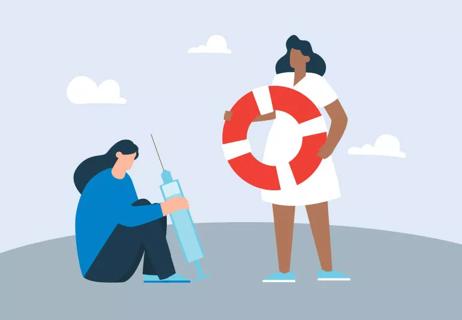
The approach helps reduce the negative impact associated with substance use disorder
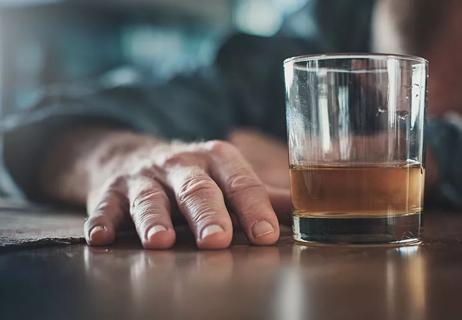
An addiction specialist weighs in on the rising trend of “semi-sobriety”
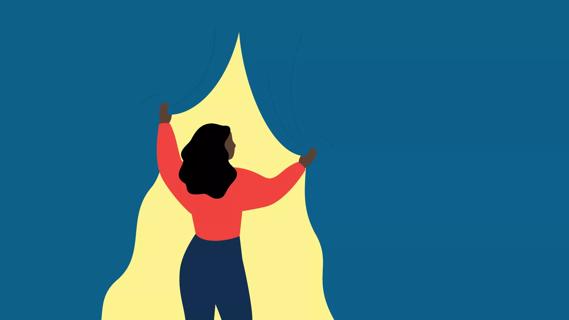
Connecting with others, going for a walk or focusing on sleep quality can help more than you might realize
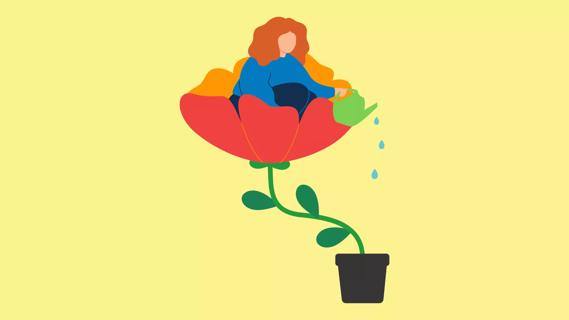
Like being your own best friend in times of trouble, self-love is an act of self-preservation

It’s not about embracing your dark side — it’s about showing up for yourself
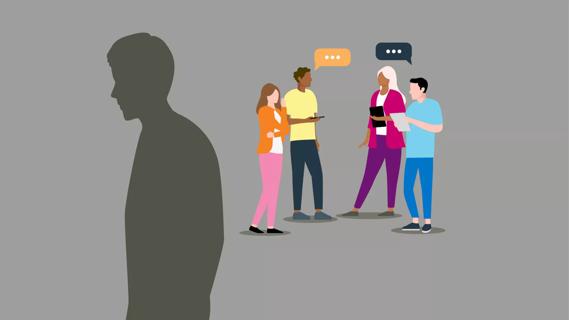
Like a boring ol’ grey rock, the goal is to be unresponsive and uninteresting to dissuade a harmful situation
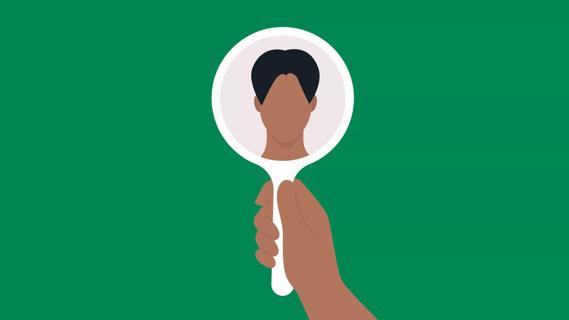
Narcissistic personality disorder is a mental health condition, not an insult

Whether this behavior is abusive depends on the person doing it and their motivation

Type 2 diabetes isn’t inevitable with these dietary changes

Applying a hot or cold compress can help with pain